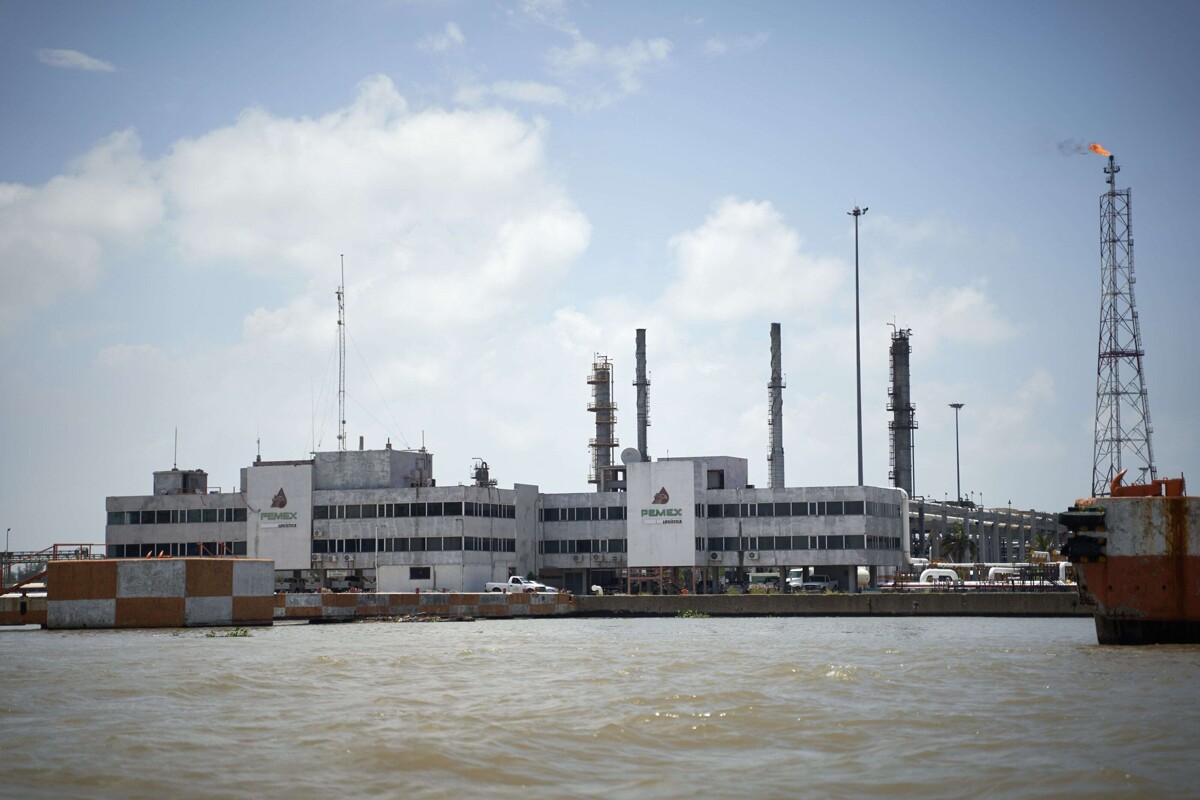
The oil production by Pemex is in a constant decline and far from stabilizing. During the 12 months of 2024, the average crude production was 1 million 485 thousand barrels per day, the lowest figure since 1979, 45 years ago. This represented a 10.2% decrease compared to 2023.
December 2024 was the worst month of the year for crude production, totaling 1 million 354 thousand barrels per day, marking the lowest monthly volume since November 1978. All these data contradict the official claim that the negative trend in oil production from previous years had been reversed.
In contrast, oil and condensate production in December was 1 million 619 thousand barrels per day, falling short of the estimates in the 2024 Economic Package. This figure represented a reduction of more than 228 thousand barrels per day (12.3%) compared to December of the previous year.
The situation of Pemex is concerning, as the oil company faces payment issues with suppliers and contractors, accumulating a debt of 400 billion pesos. This lack of investment and payments could complicate the goal of producing 1.8 million barrels per day of hydrocarbons during President Claudia Sheinbaum's term.
On the other hand, the impact of the decline in oil production is being partially offset by exports related to Mexico's automotive industry. Despite a slowdown in its growth, the value of non-oil exports increased by 5.2% during 2024, primarily driven by manufacturing sales.
Specifically, automotive exports saw an annual increase of 2.7%, exceeding 193 billion 907 million dollars in value during the year. This sector represents significant income for the country, even surpassing remittances and combined tourism revenues.
However, there is a risk that the Trump administration in the United States may impose tariffs on goods from Mexico, which would affect key sectors such as manufacturing and automotive, putting jobs and monthly production of vehicles, auto parts, and other important industries for Mexico at risk.














